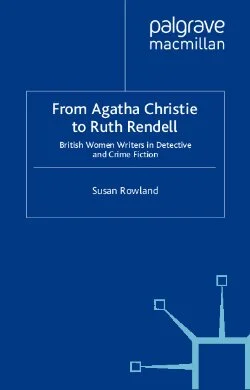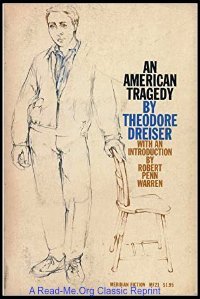By Alan Pinkerton
The governing idea in the mind of the author, while preparing this volume for the press, has been to give details connected with the MOLLIE Maguires, and follow strictly the truth concerning the adventures of the detectives during three years passed in their midst. He is aware that, in many places, the relation reads much like fiction, and that it will be accepted as romance by very many who are totally unacquainted with the country and the people attempted to be described. It has been the constant endeavor to adhere closely to facts, and if the incidents are, in a great degree, novel and absorbing, it is due to these facts, and they were worked out, through arduous labors, in sleepless nights and undivided attention to the ends to be gained. The coal regions of Pennsylvania are inhabited by a mixture of races, the ingredients perhaps more widely differing, in character and origin, than those of any other portion of the globe. Living within a stone's throw of each other will be found the German, Swede, Norwegian, Pole, Irish, Scotch, English Bohemian, and Russian. And in moving across the country, from one colliery to another, representatives of nearly all of these widely separated nations may be encountered, with here and there an American and Pennsylvania German. All endeavor to express themselves in Anglo-Saxon, but their foreign idioms and native eccentricities will, spite of themselves, occasionally crop out. Hence the life of a person, who is sensitively alive to diversified phases of human nature and having a keen sense of the humorous, in the mining districts, cannot well be devoid of enjoyment. Some extraordinary habits and peculiarities are found in the coal fields not discovered elsewhere.
New York: G.W. Carleton, 1880. 552p.





















